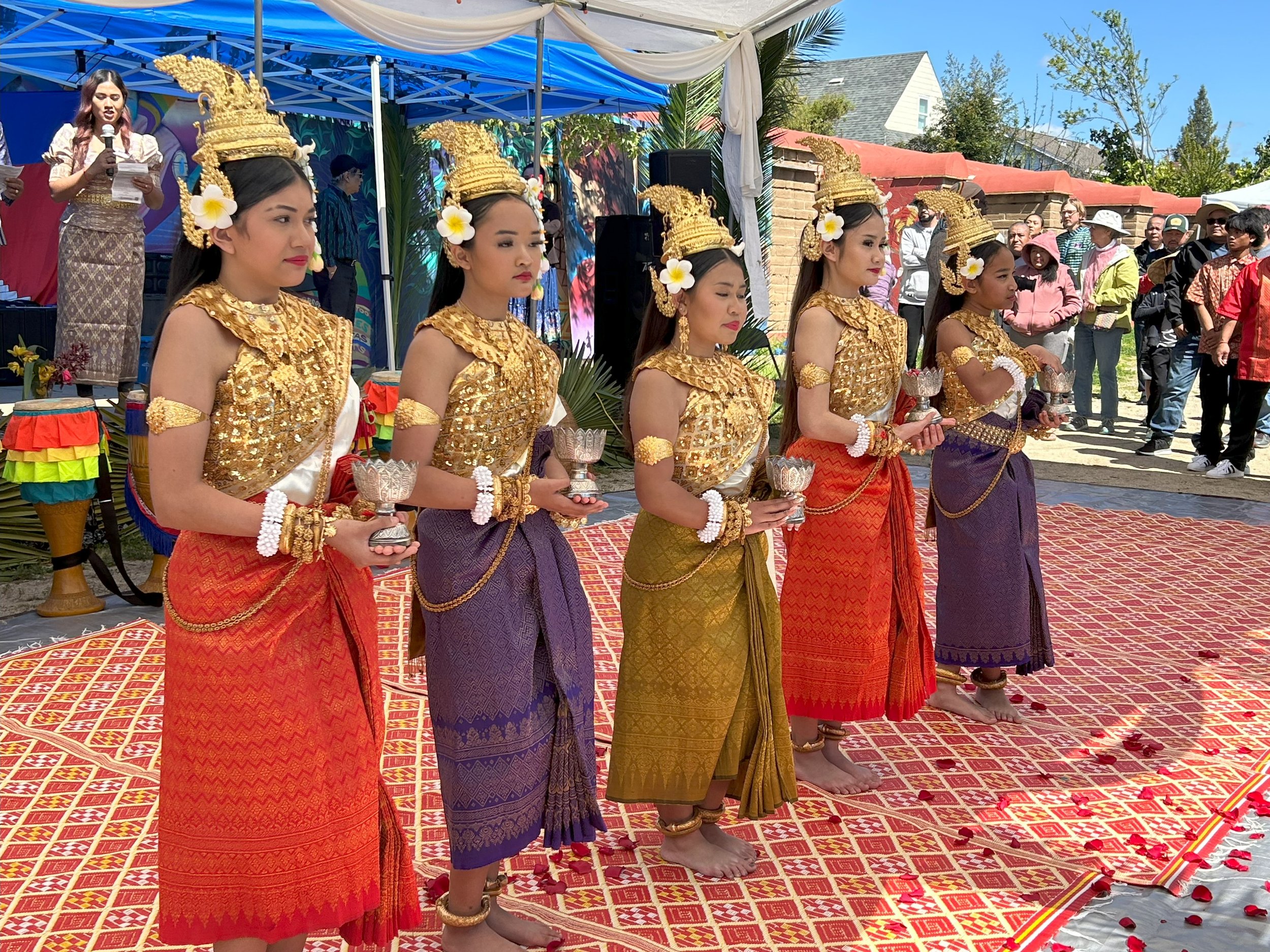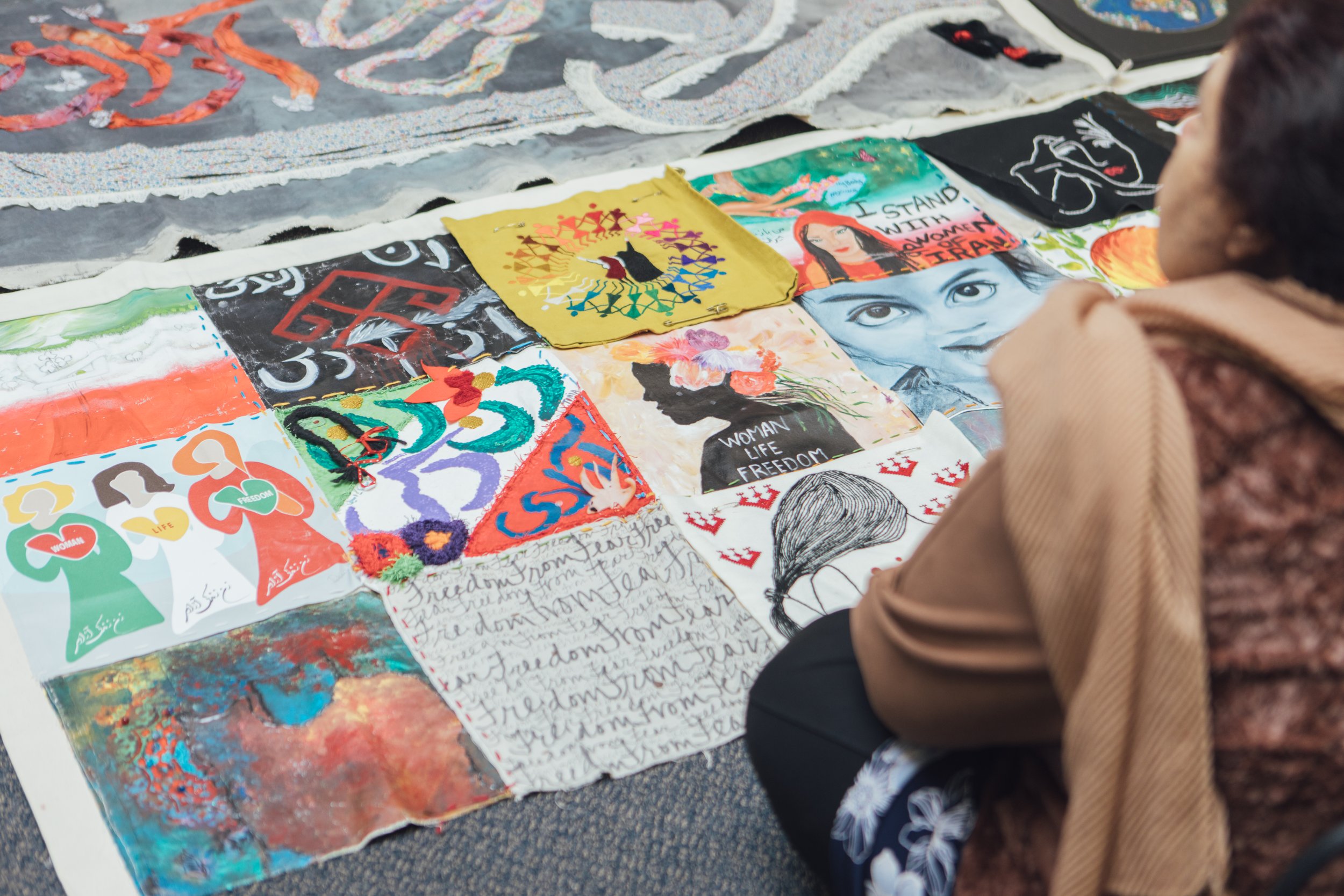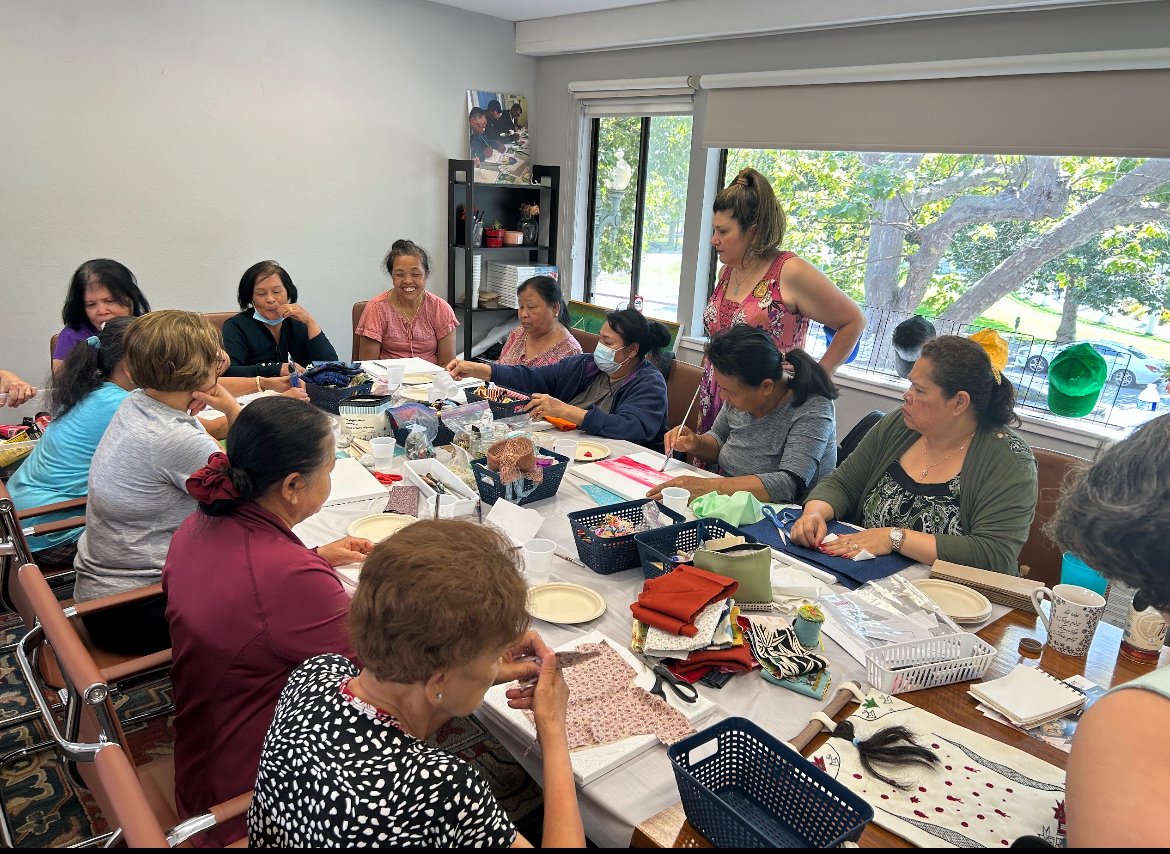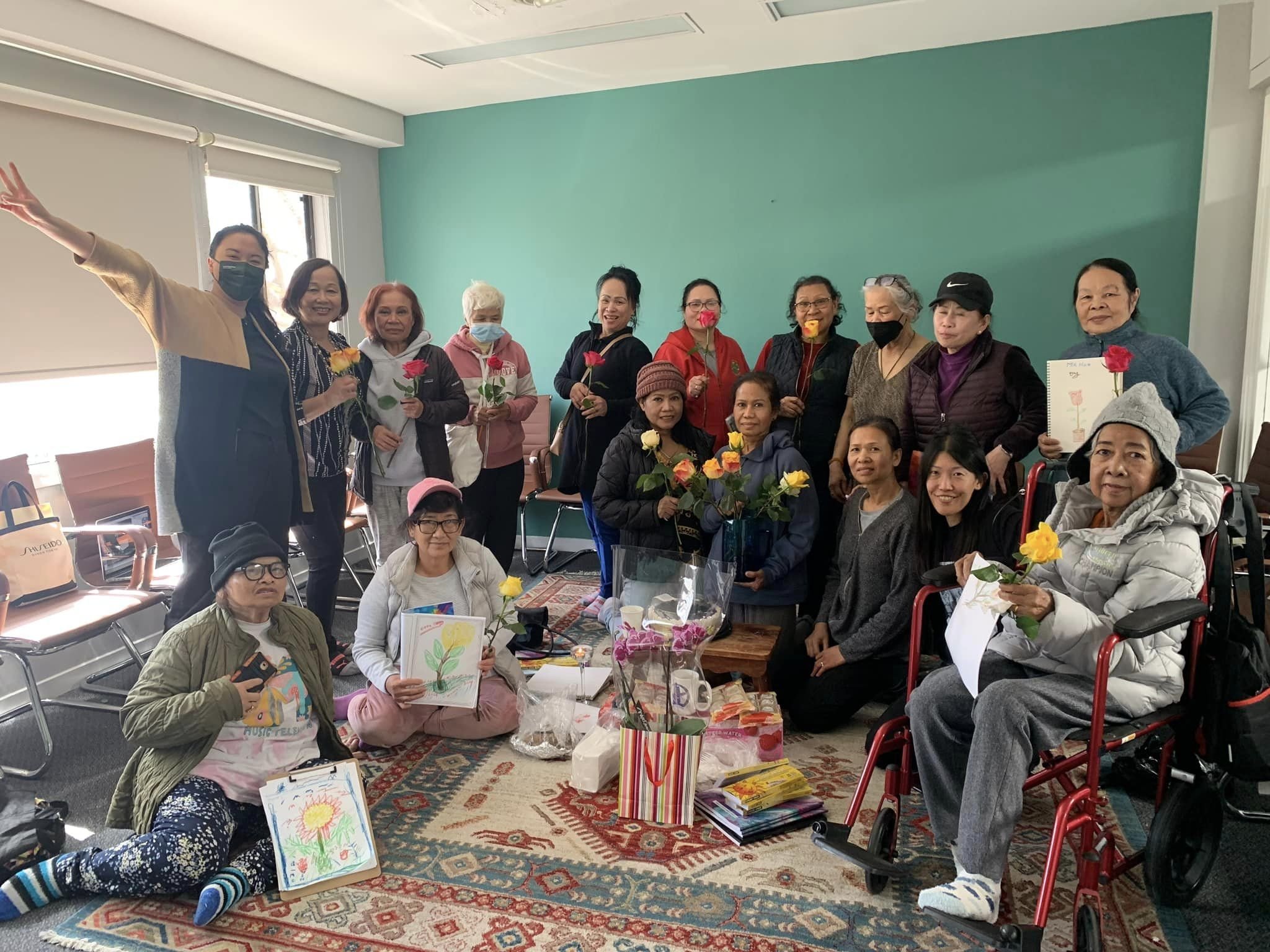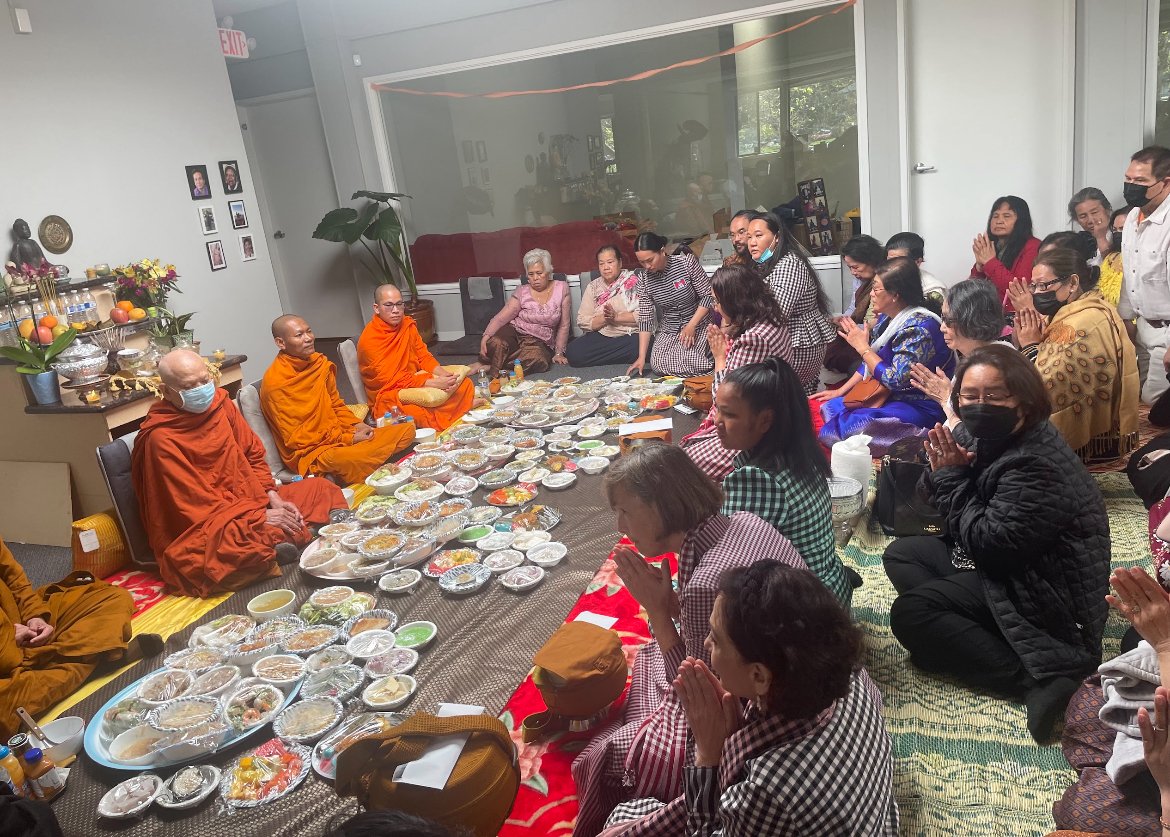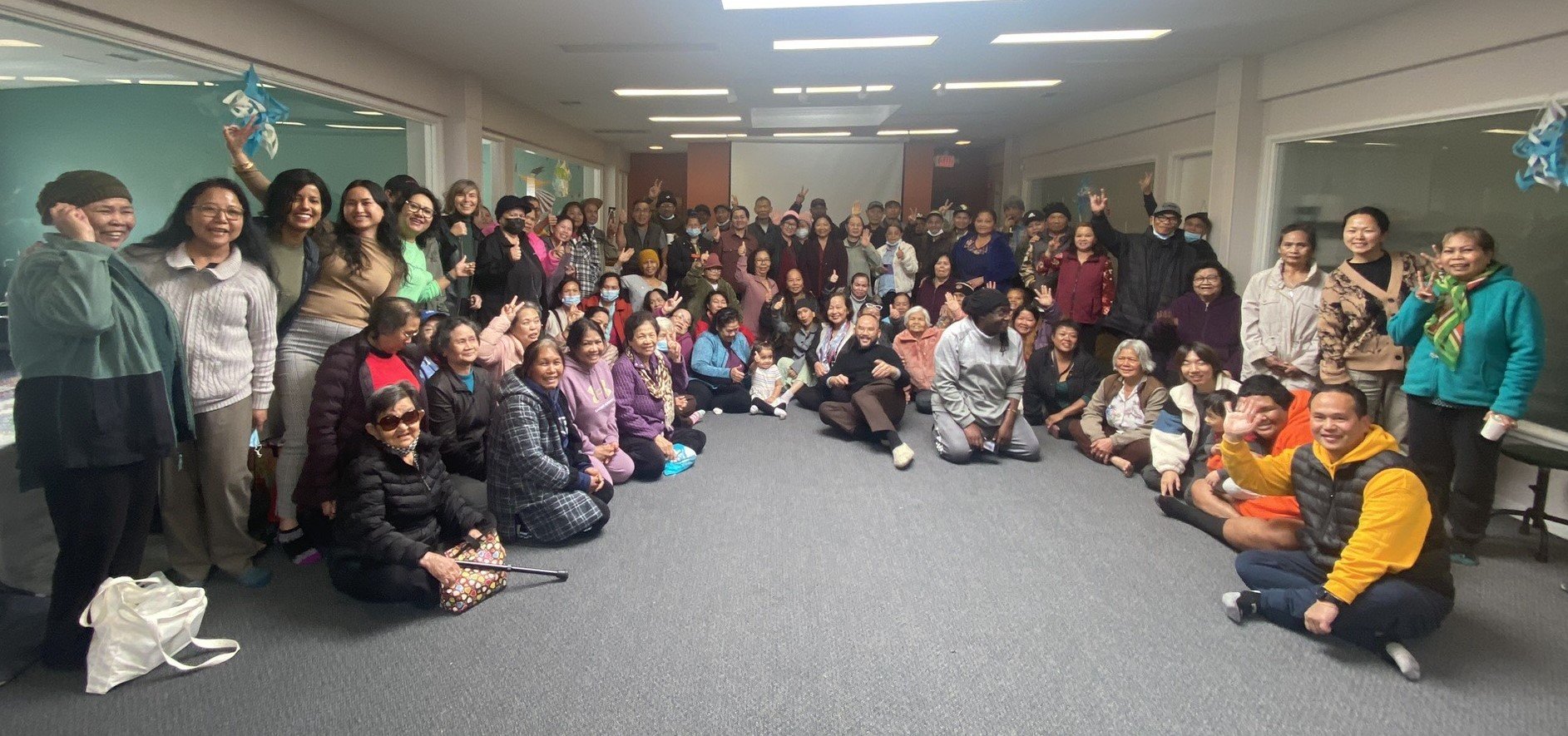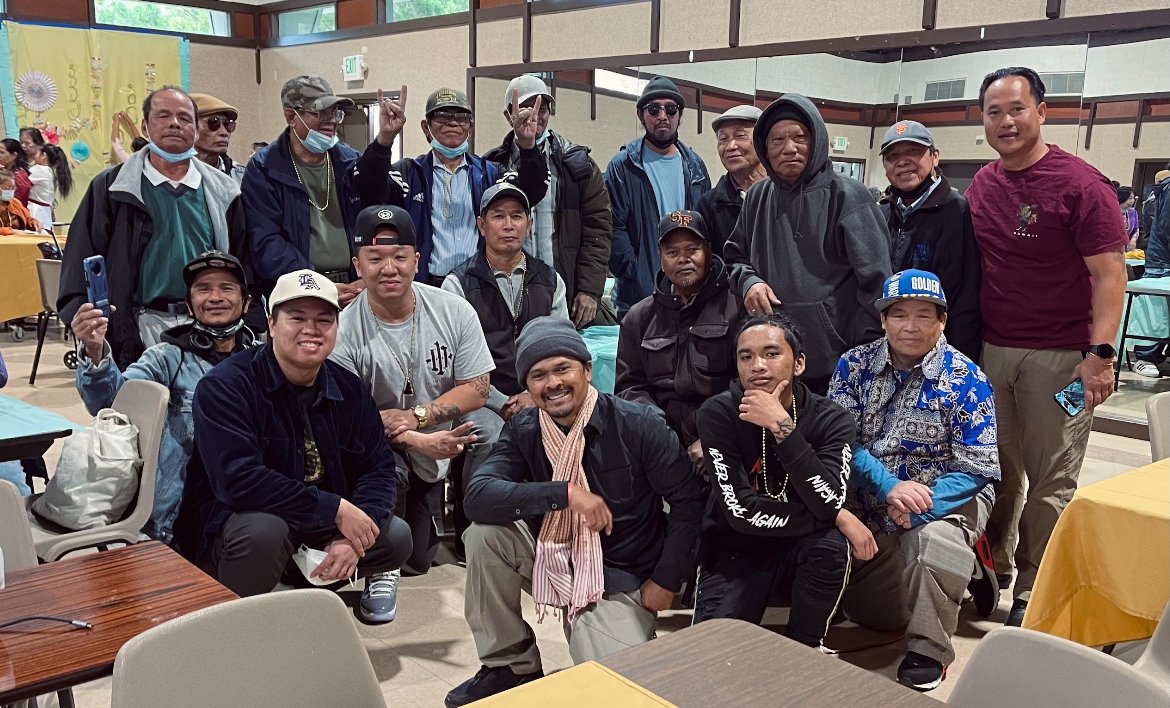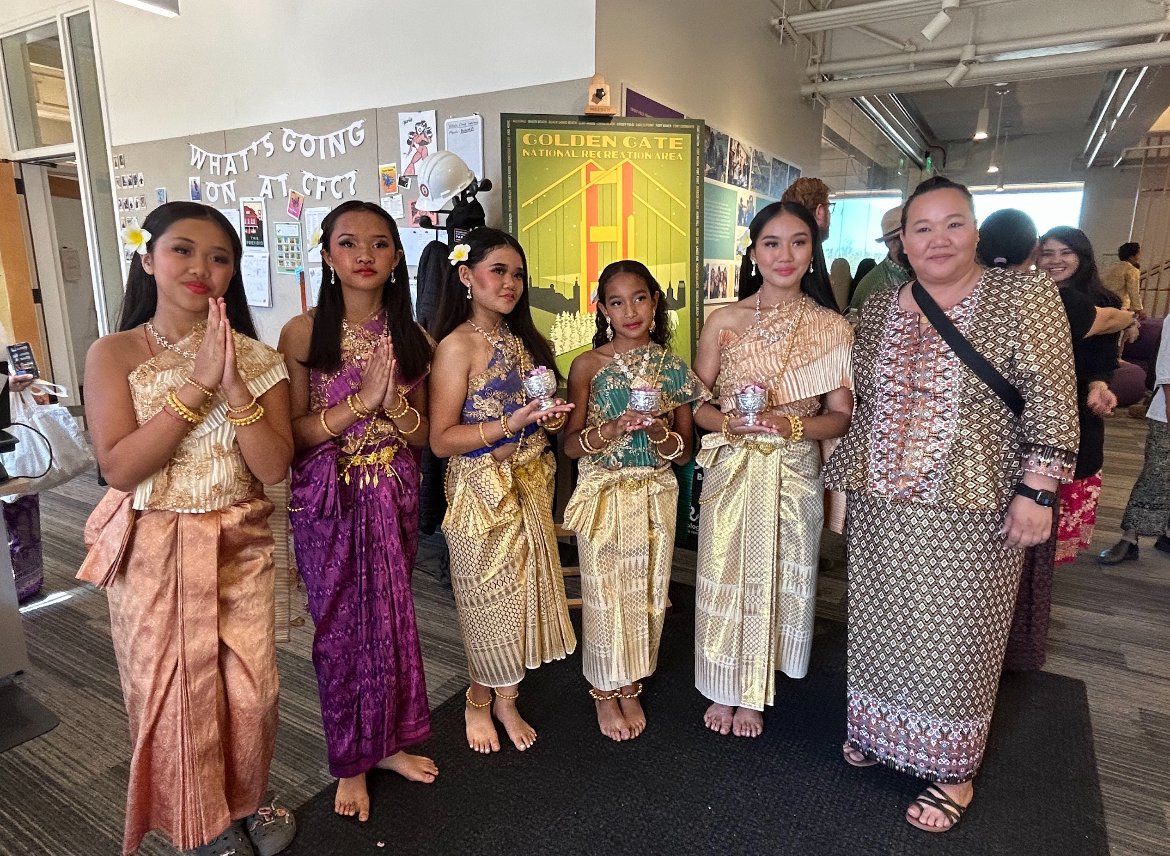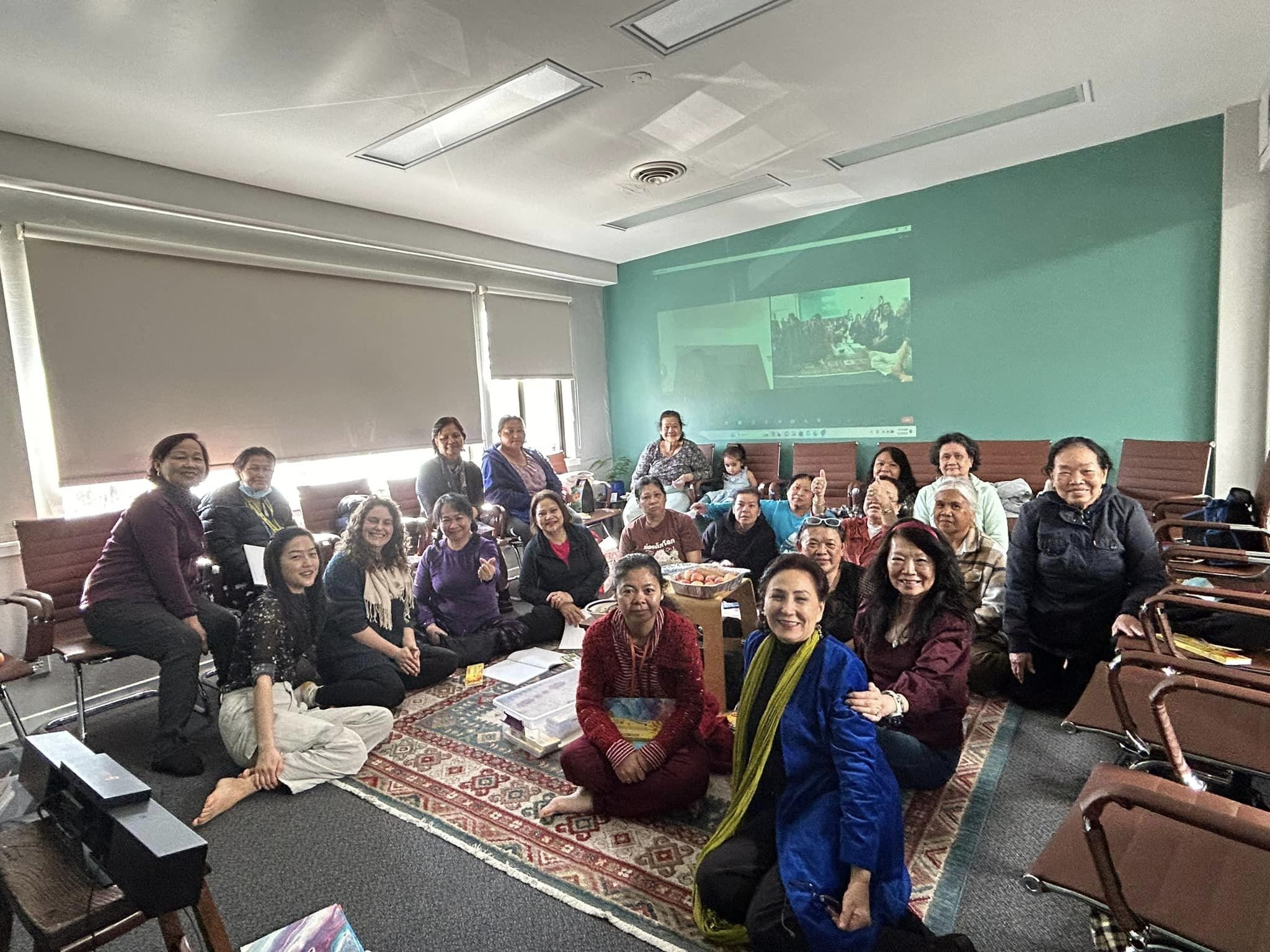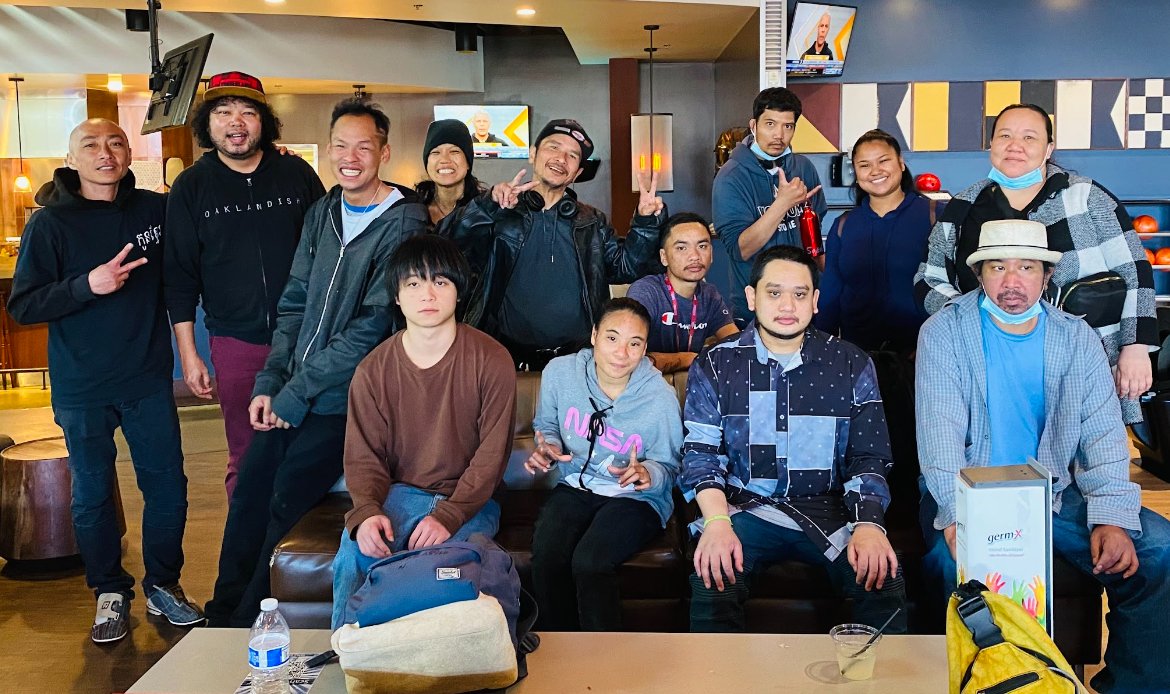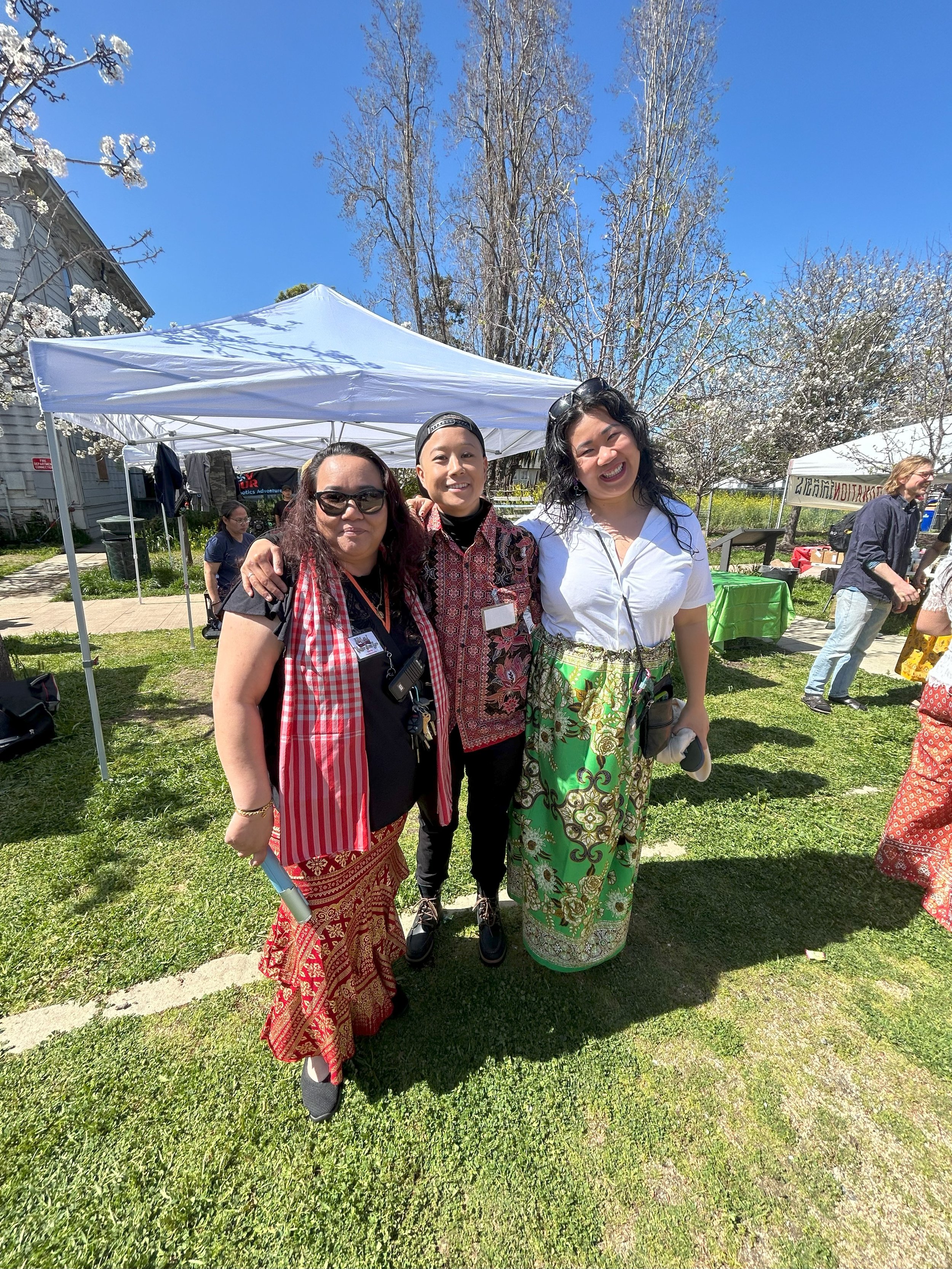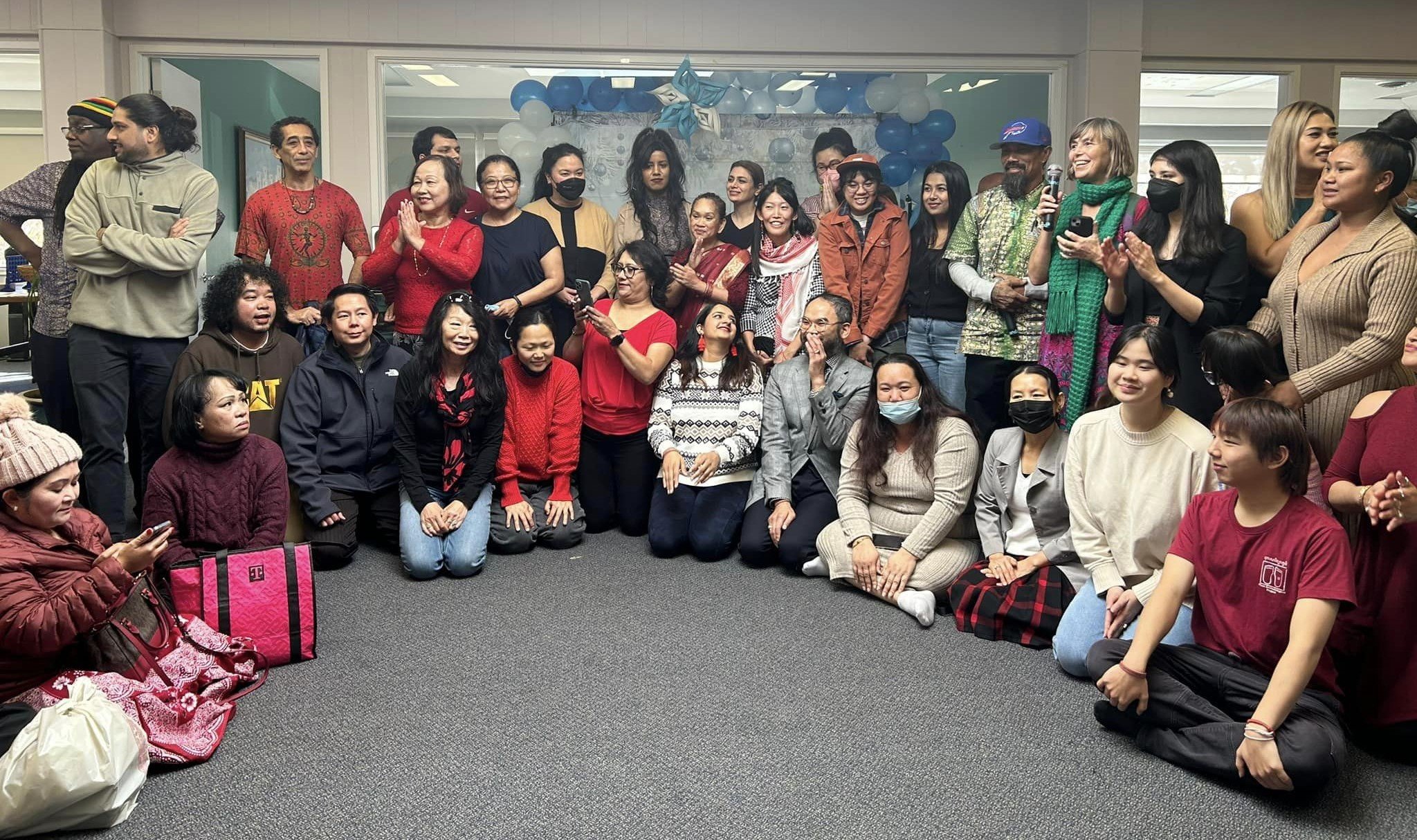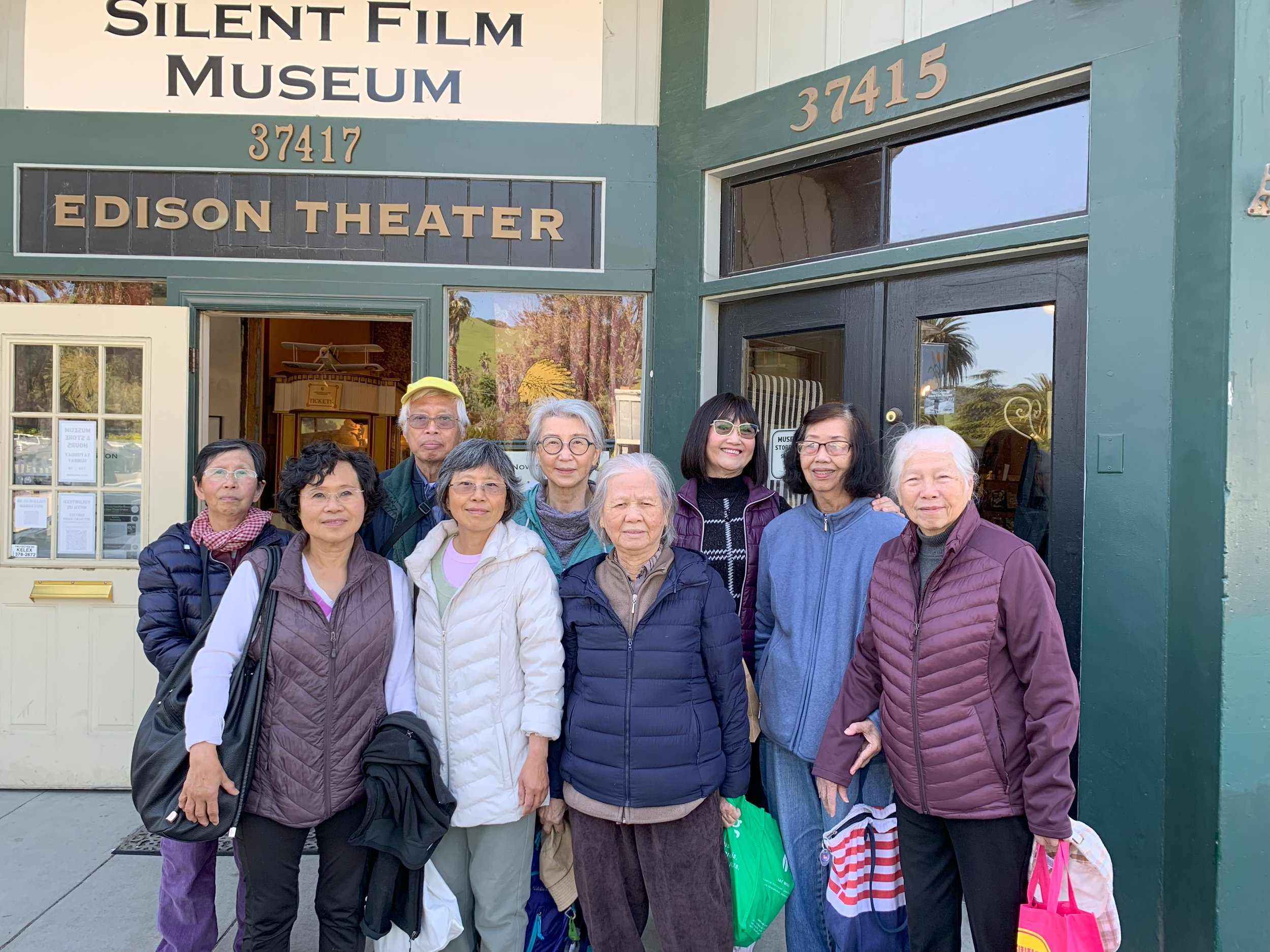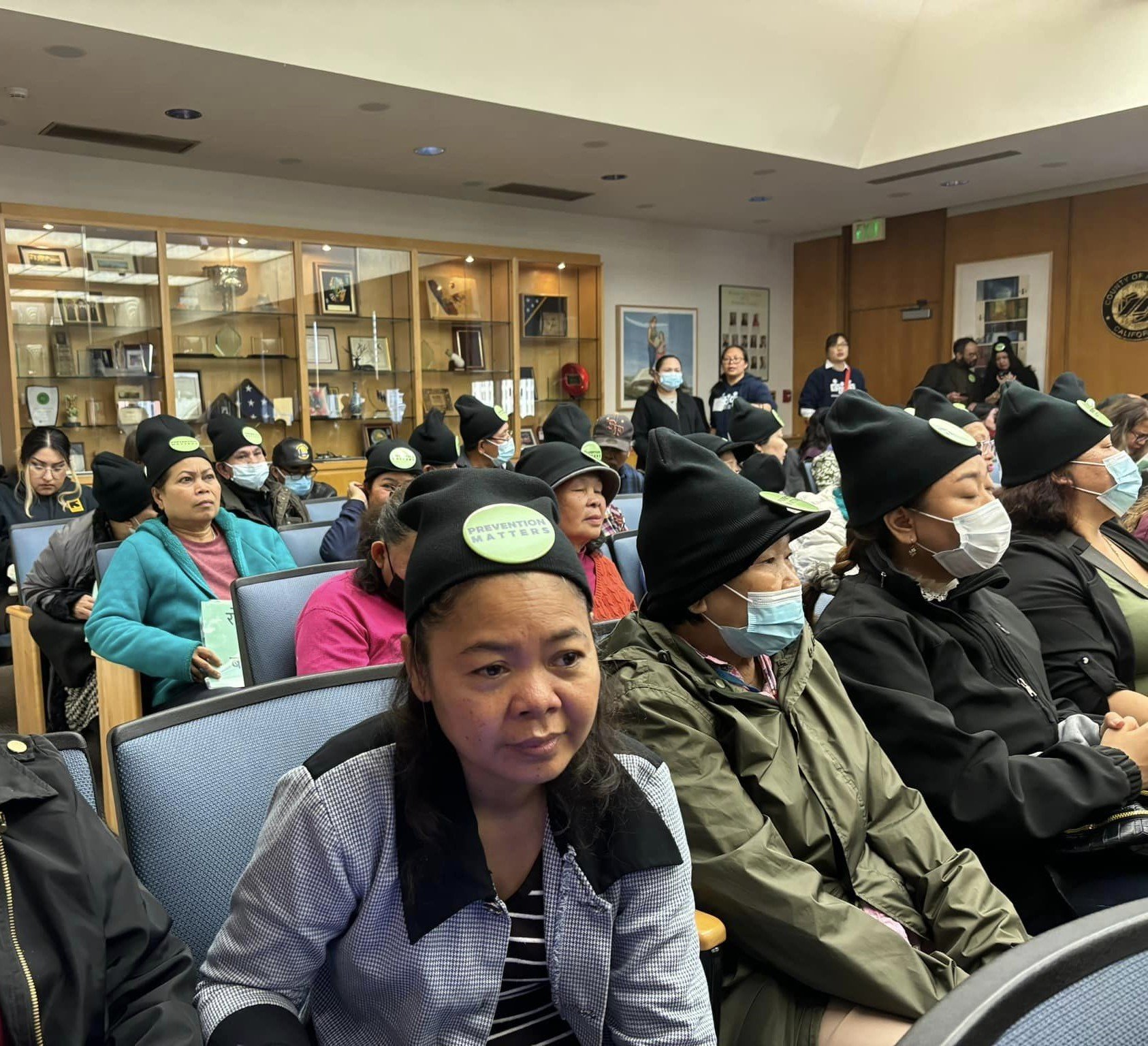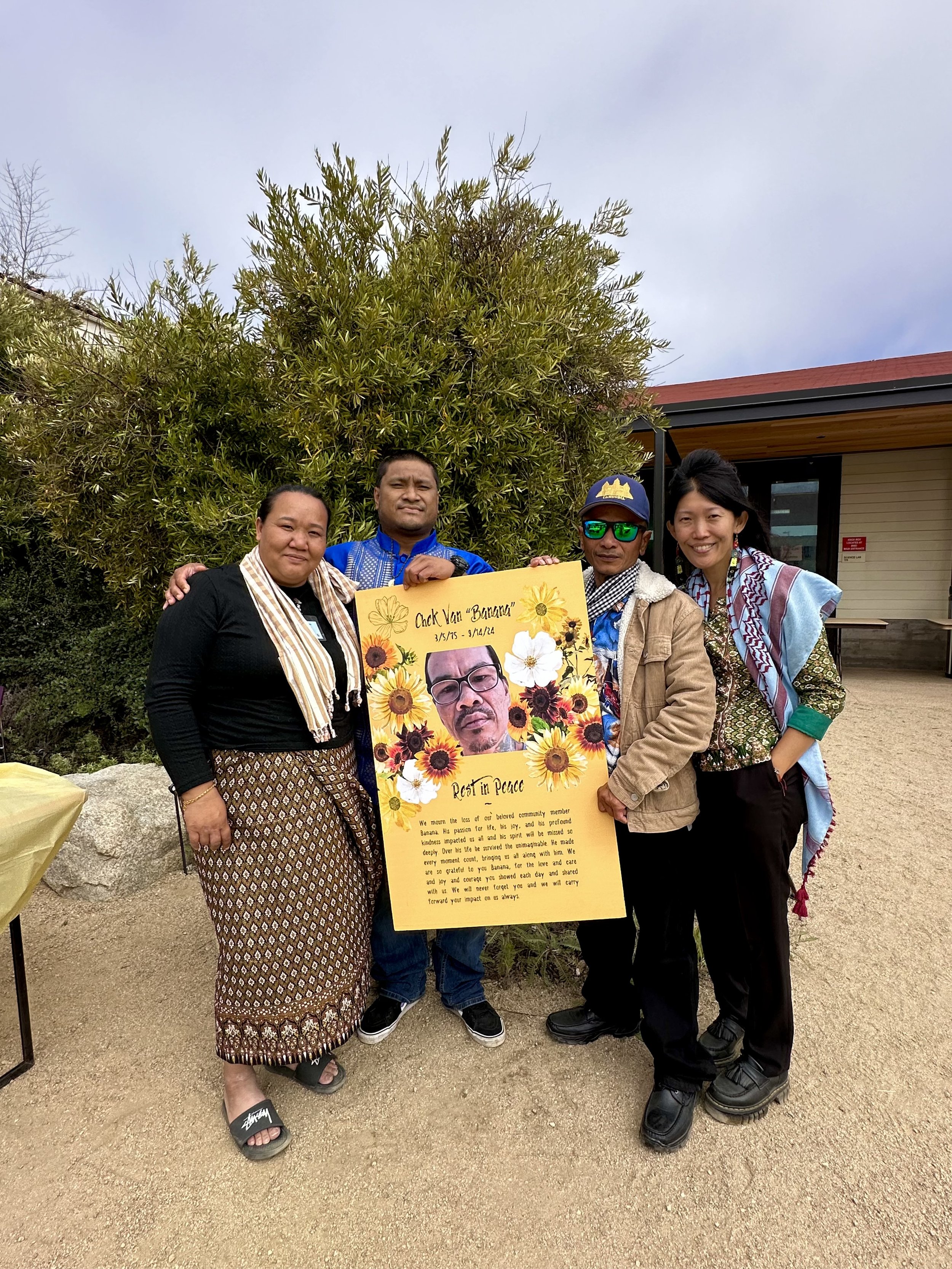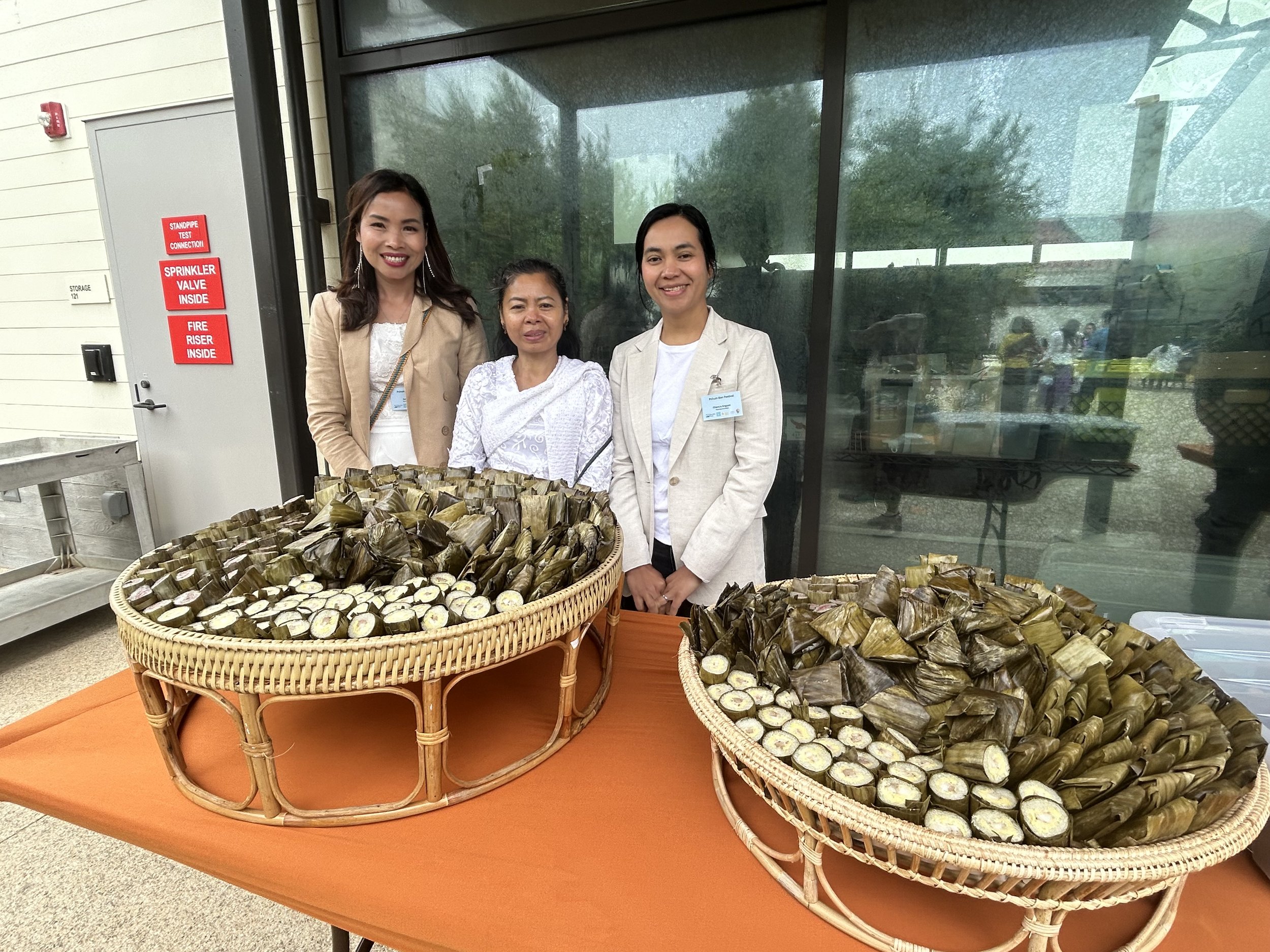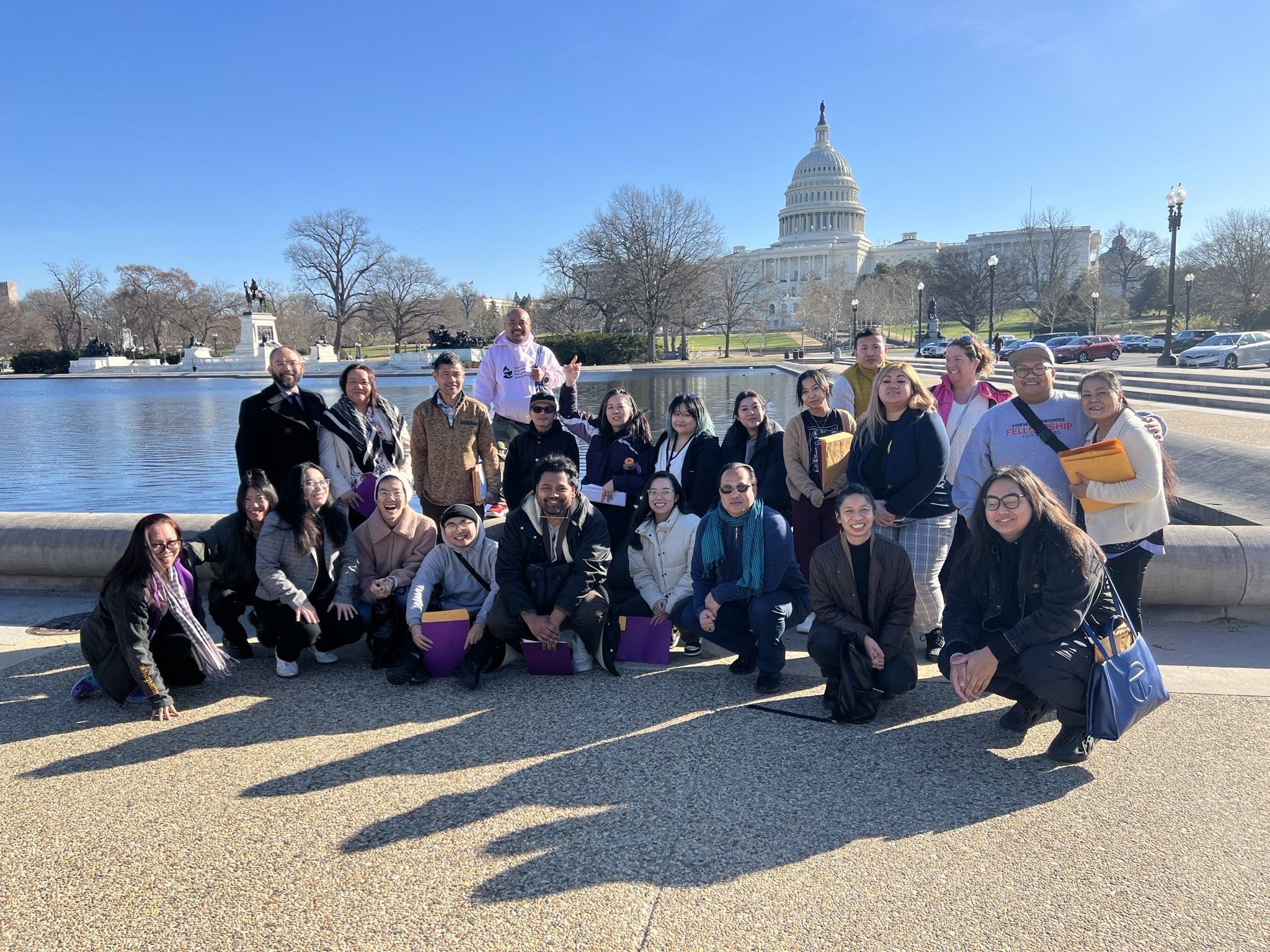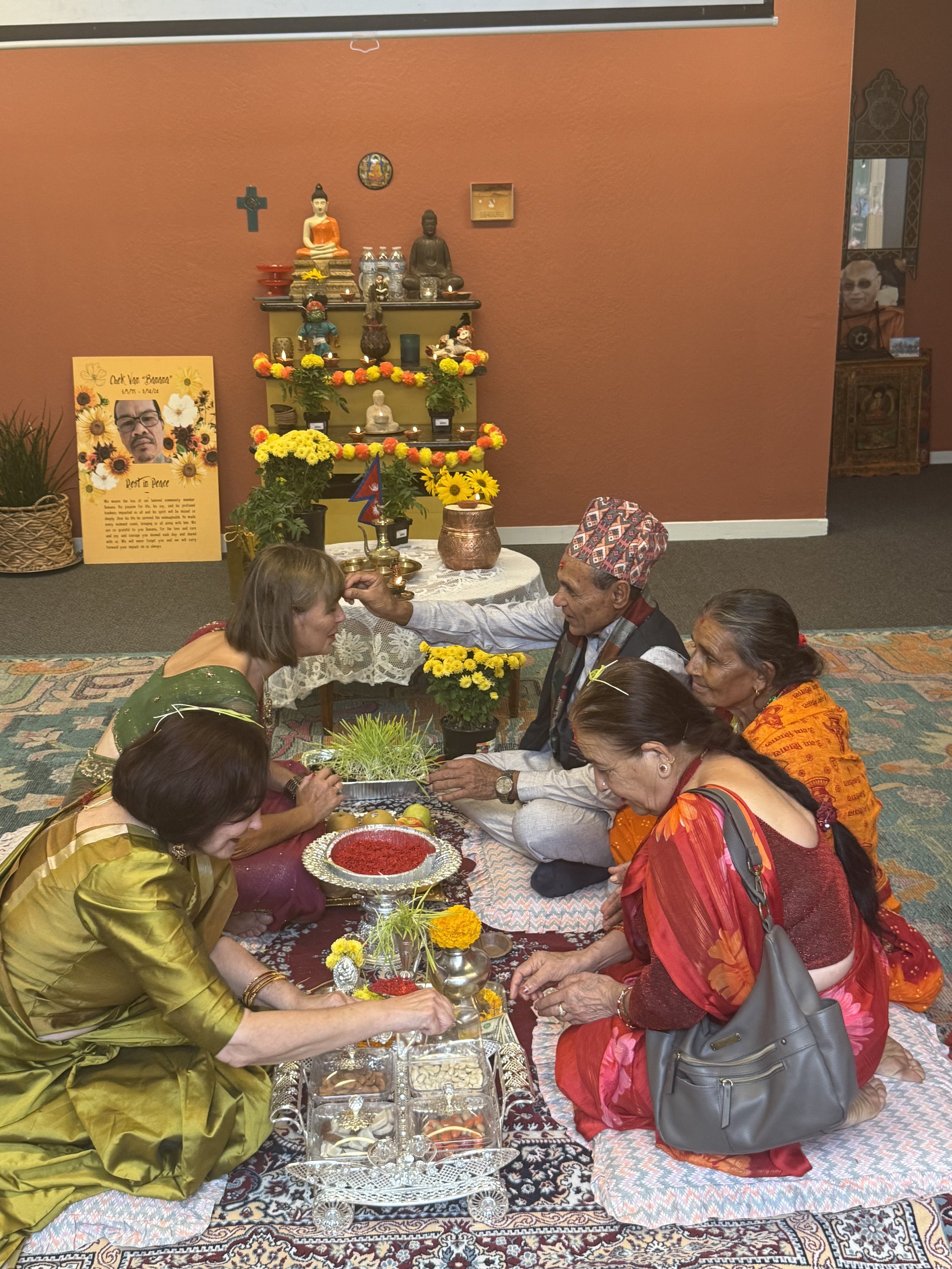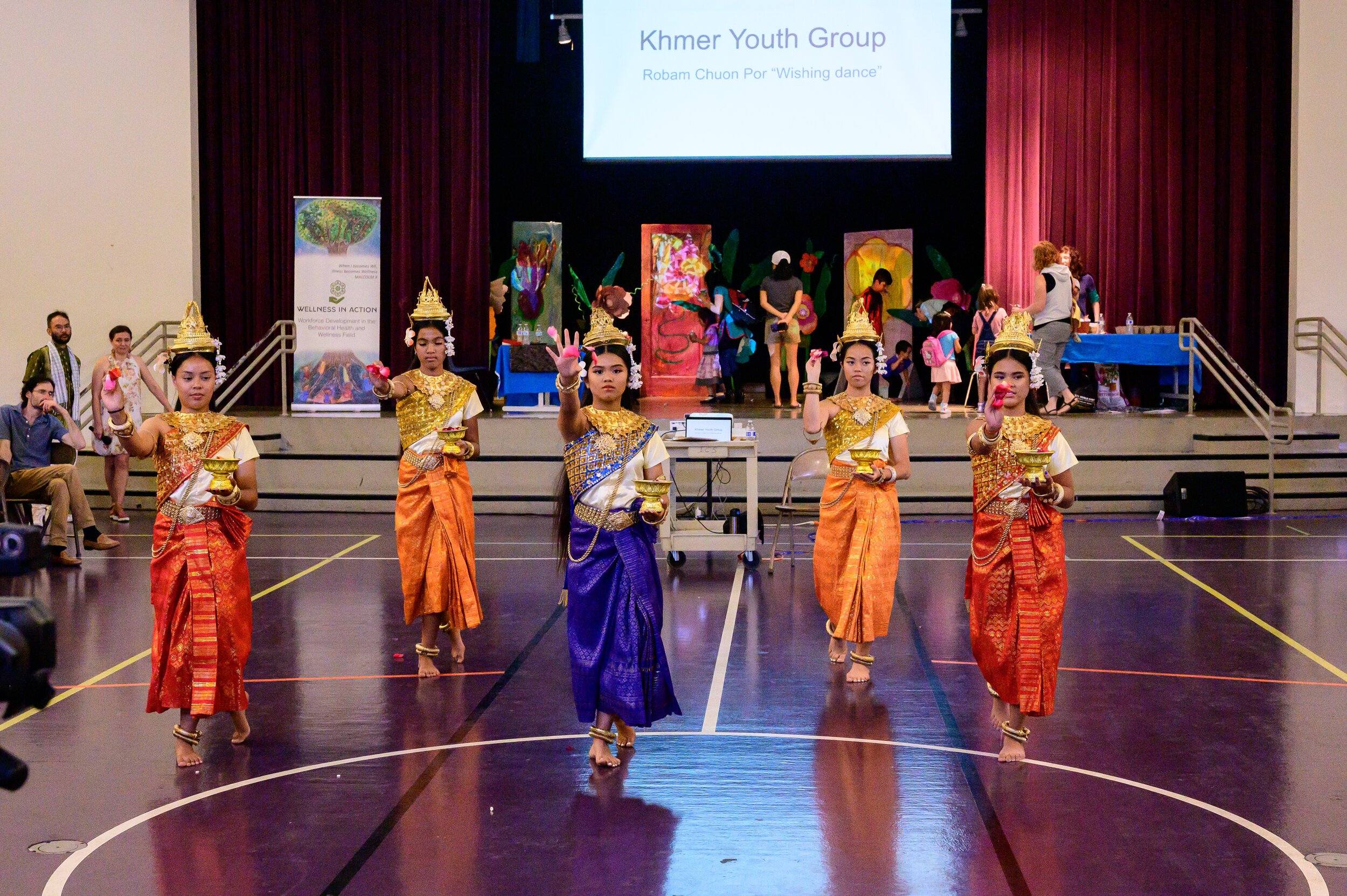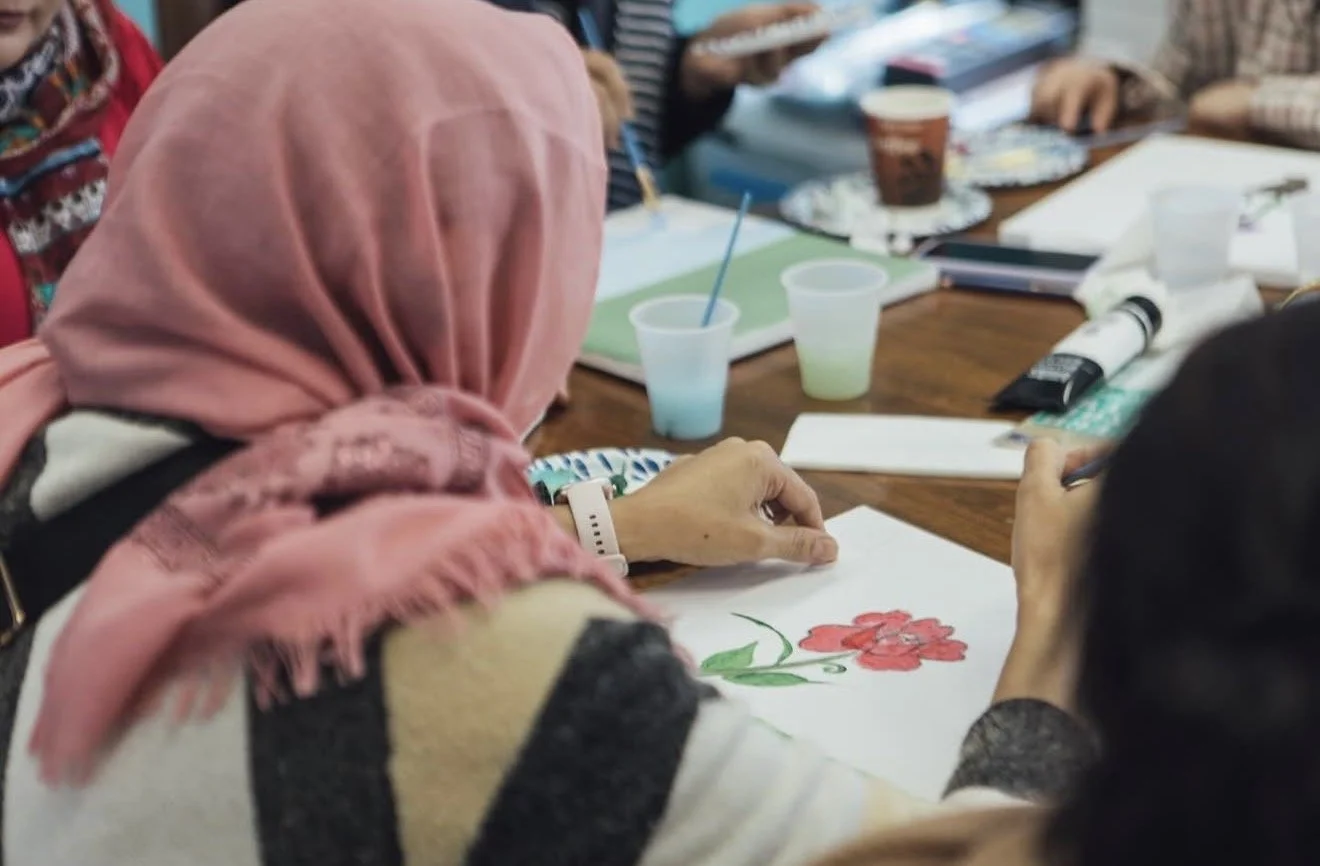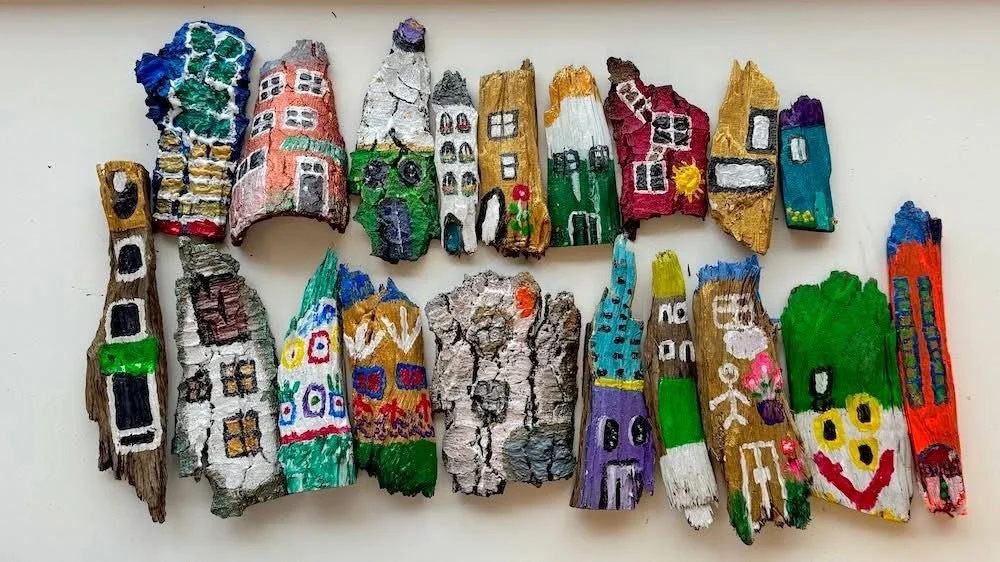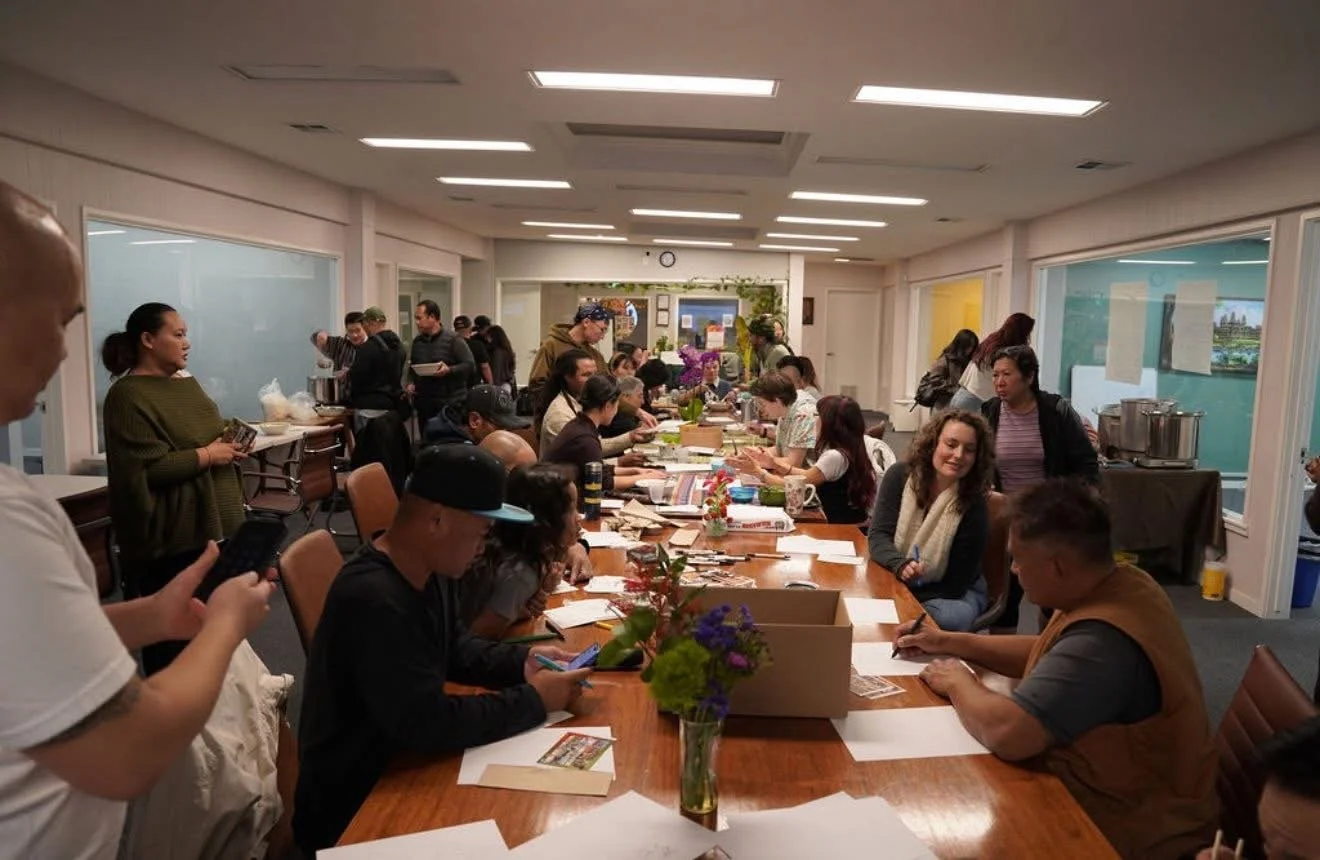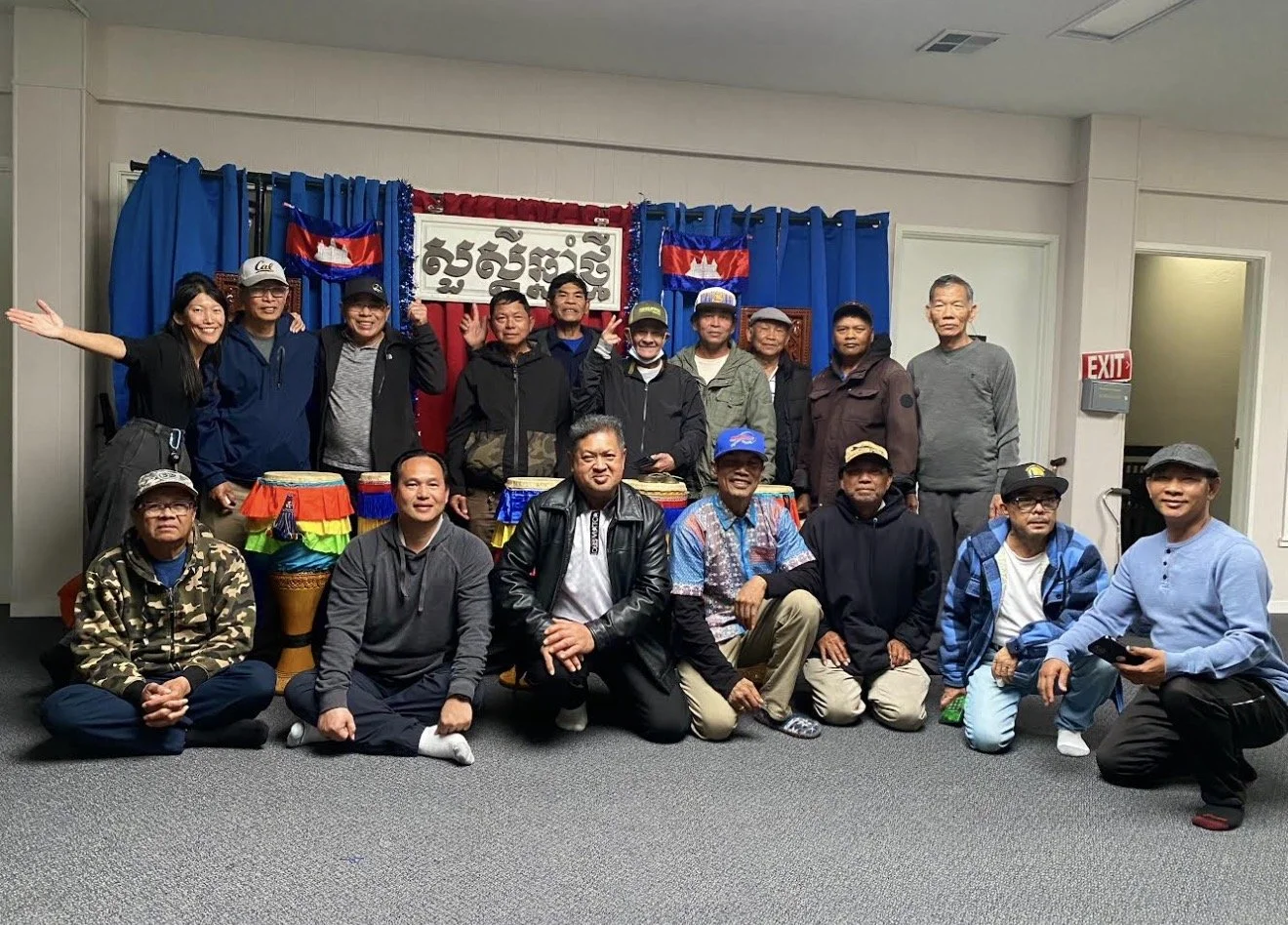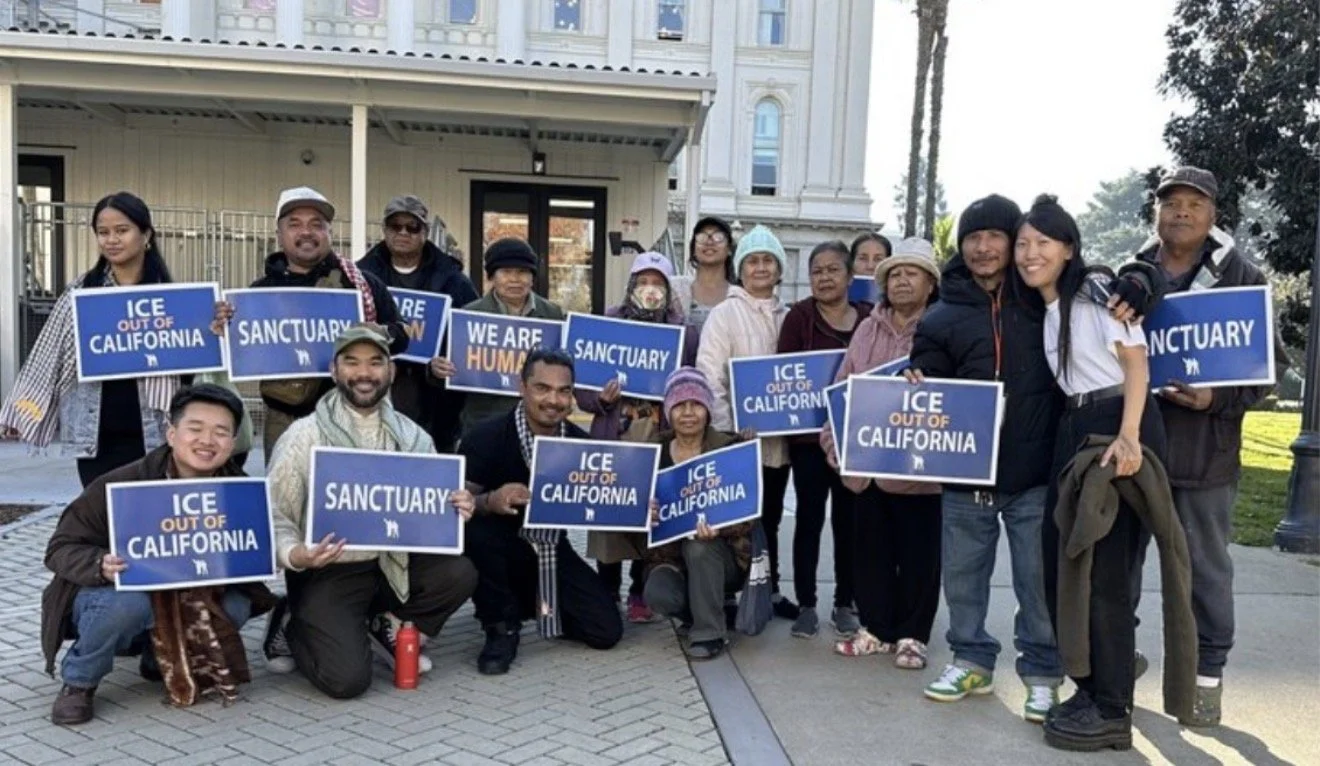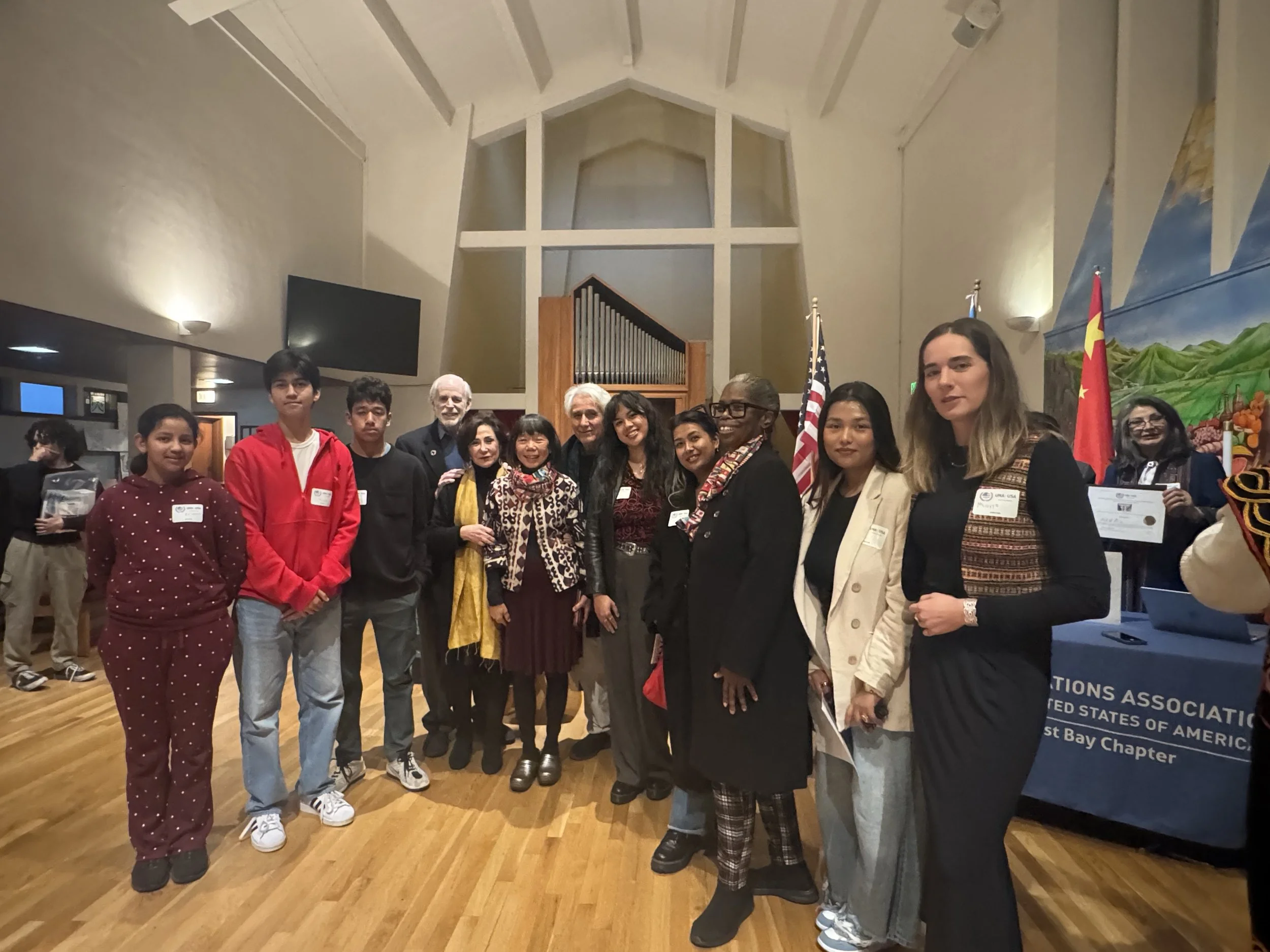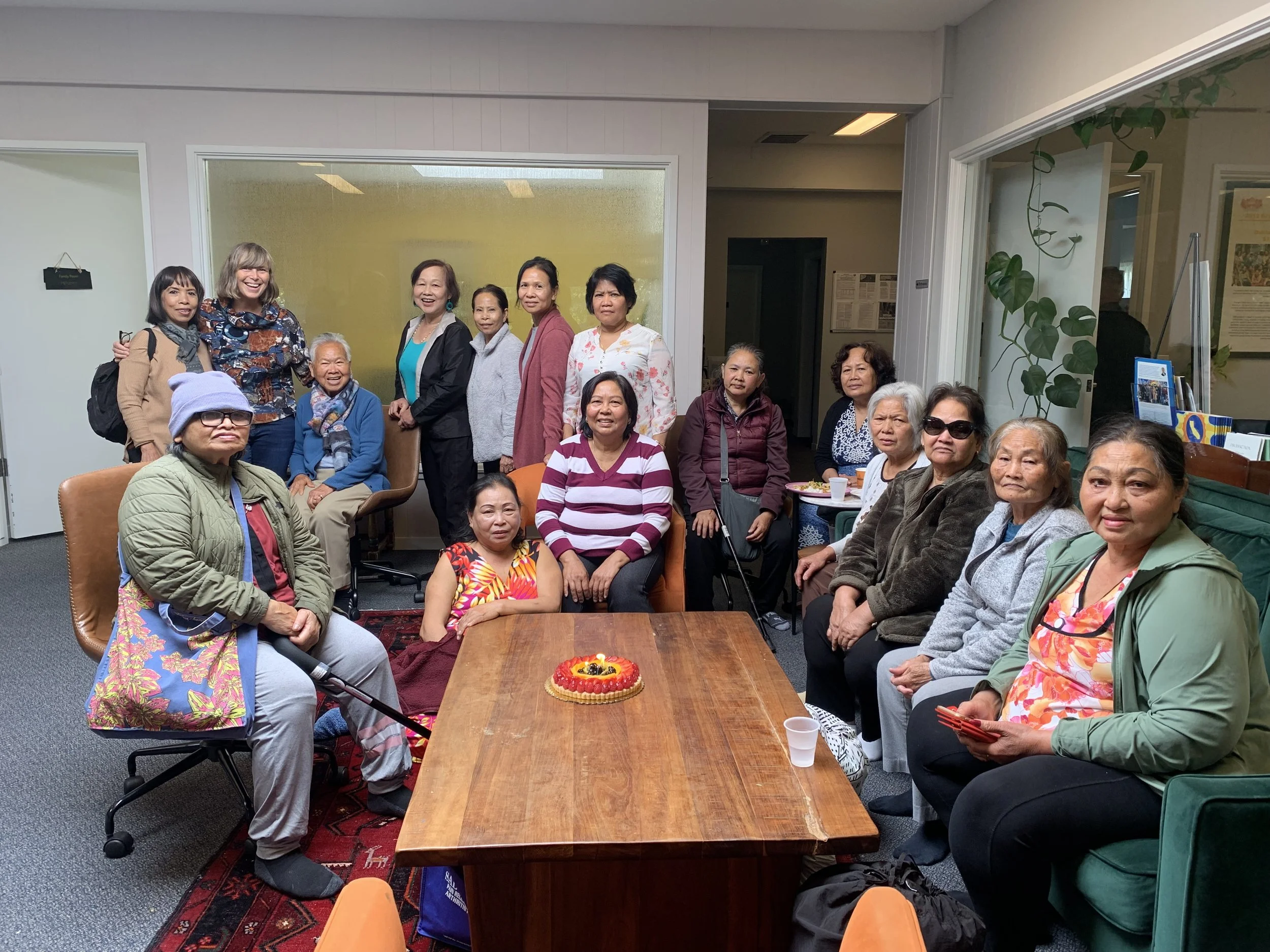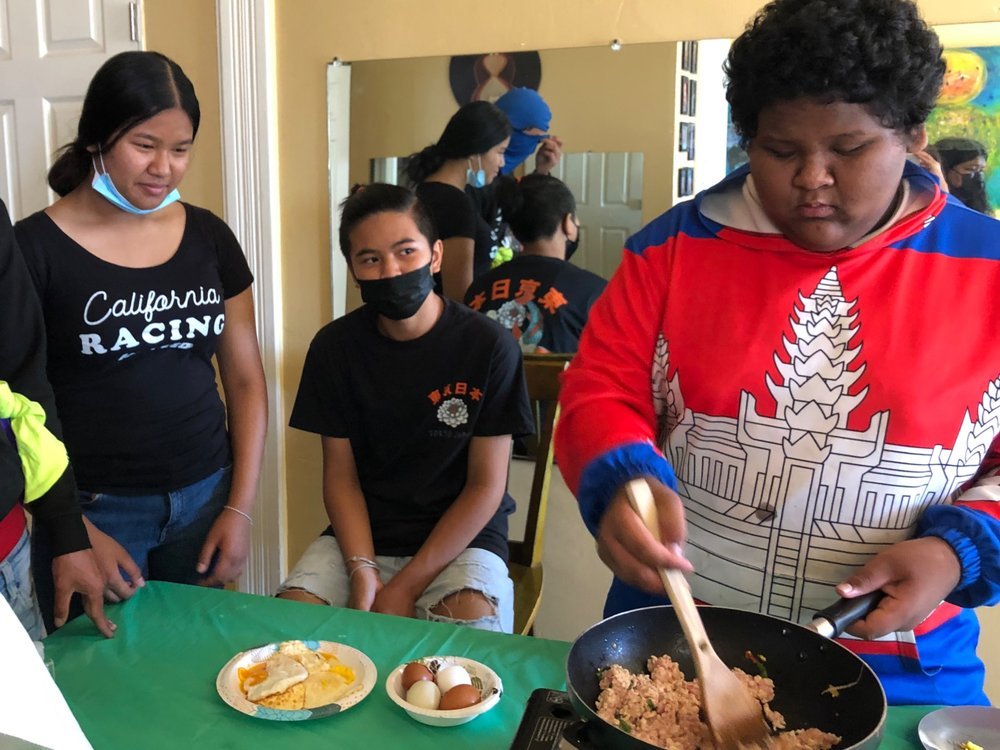Center for Empowering
Refugees & Immigrants
〰️ We are SAFE
〰️ We BELONG
〰️ We THRIVE
〰️ We are CERI
〰️ We are SAFE 〰️ We BELONG 〰️ We THRIVE 〰️ We are CERI
Culturally attuned and holistic mental health services for underserved refugee and immigrant communities
CERI was founded by Mona Afary, Ph.D., with the support of refugees and immigrants from around the world who shared a profound belief in its mission. This vision found its heart and strength in the partnership of CERI’s participants, survivors of the Khmer Rouge genocide, who, for over 20 years, carried the heavy burden of PTSD and decades of silence and whose courage and hope became the foundation of CERI’s story - a testament to unity, healing, and the unwavering spirit of humanity.
What We Do
Adults and Elders
We offer an array of bilingual services that support mental health and wellbeing. Read More →
Youth and Young Adult
We provide safe spaces for youth to develop community-organizing skills and improve mental health, wellness and self-esteem. Read More →
Community Care
We provide training for social work interns and community mental health advocates from unserved and underserved refugee and new immigrant communities. Read More →

